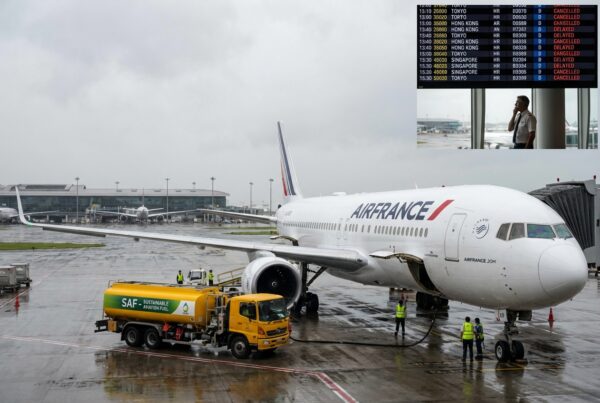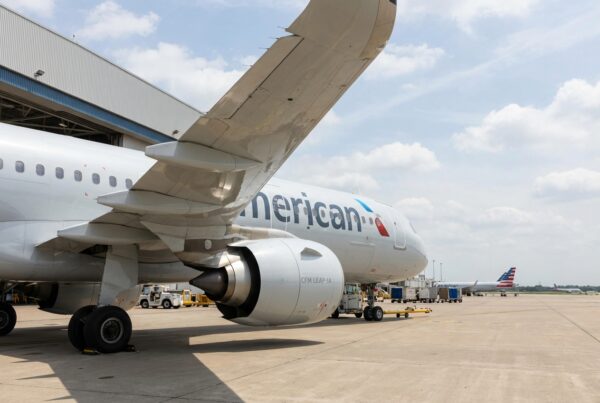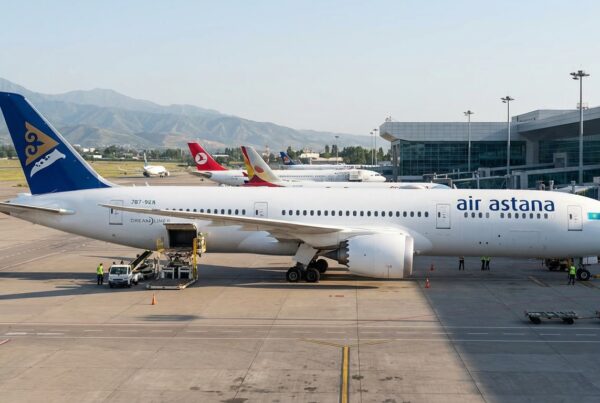A recent decision to increase aviation taxes in France has raised serious concerns. The International Air Transport Association (IATA) is sounding the alarm about the potential impact of this increase on the French economy. According to the organization, the new tax could not only hinder airline growth, but also damage the country's economic development. This article explores the envisaged consequences of this tax measure, as well as its influence on the airline sector and the French economy as a whole.
A controversial tax increase
The tax adjustment taking place in France has caused quite an uproar among the various players in the aviation sector. The Chirac taxwhich is currently levied as a solidarity contribution on airline tickets, is set to increase significantly by 2025. According to theIATAThis measure would be disastrous for the French airline industry. The tax, which could bring in 3.7 billion euros, raises the question of its direct impact on the cost of airline tickets, which may have to be revised upwards. For more information, consult this TourMag article.
The expected economic impact
Increased aviation taxes in France are seen as a heavy burden on the French economy. This tax pressure on the aviation sector could slow down the investments needed to keep the economy moving forward. decarbonation and reduce emissions of CO2. This impediment to innovation could also make French airlines less competitive on the international scene. Find out more on this subject here.
Impact on consumers
Tax increases are also likely to impact consumers. With higher taxes, airfares could become prohibitively expensive for many travelers. This makes air travel less accessible, which could ultimately reduce tourism demand and affect the hotel and restaurant industry. This factor should be taken into account in anticipating a potential downturn in these sectors, which have a direct impact on the French economy. For more details, consult this TF1 article.
Aviation and its environmental footprint
One of the arguments put forward to justify higher aviation taxes in France is the environmental impact of air transport. However, many criticize this approach, pointing out that such tax measures risk hampering efforts to decarbonize the sector effectively. The aeronautical industry needs to finance the technological innovations essential to reducing its ecological footprint. Changing this dynamic could have unintended consequences for the environment in the long term. To better understand this debate, visit this site.
One tax among many
It is also relevant to place the tax increase in the broader context of current fiscal policies on air transport in Europe. The liberalization of the sector in the 90s initially led to a reduction in air transport costs, encouraging an increase in demand and a multiplication of available routes. However, in the context of today's environmental and financial demands, the introduction of new taxes could reverse this dynamic by adding financial obstacles. For further perspectives on air transport deregulation, take a look at this article.




